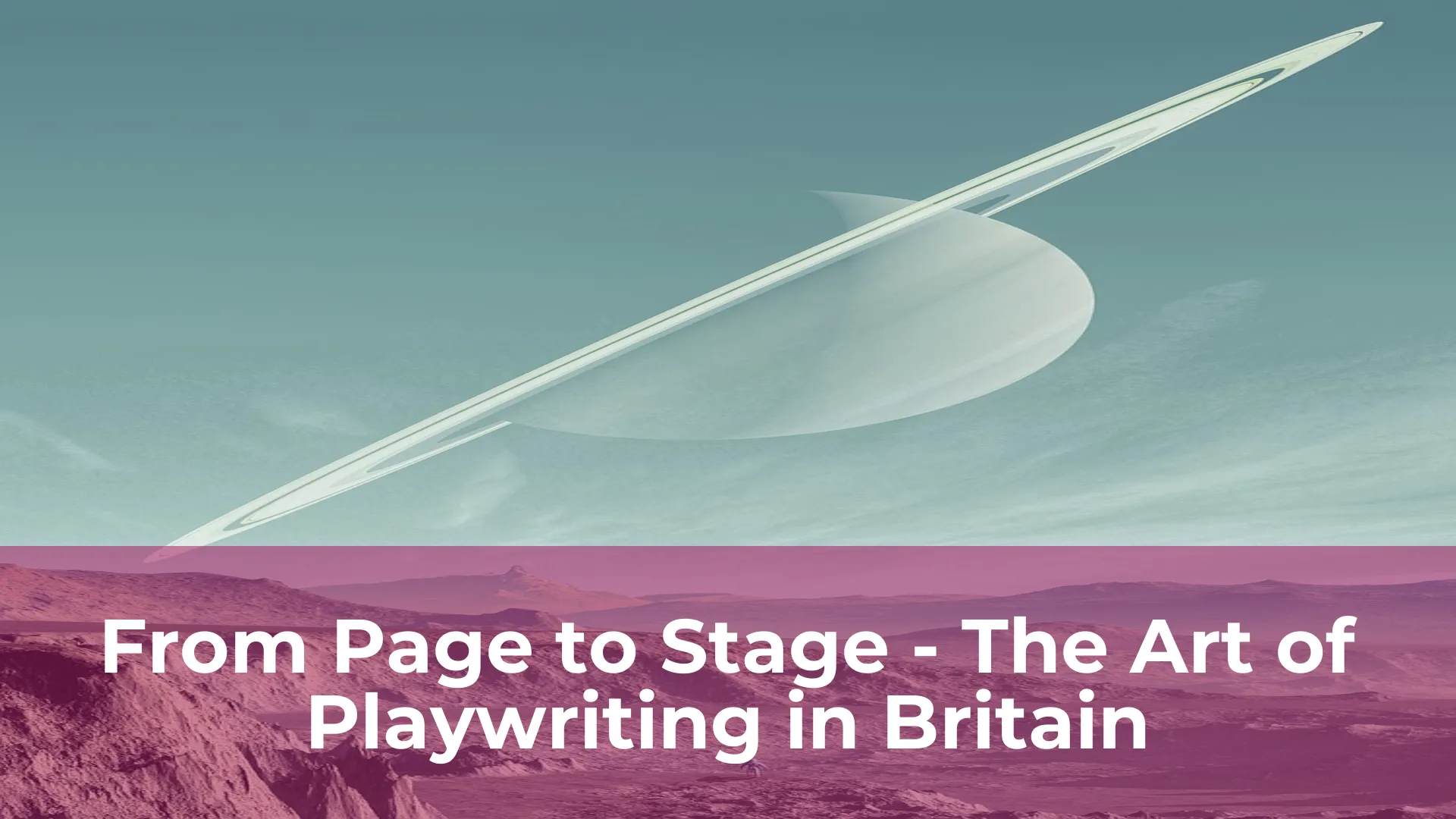Playwriting is a form of art that has been a crucial part of British culture for centuries. From Shakespeare to contemporary playwrights like Lucy Prebble, the British theatre scene has always been known for its exceptional writing. But what does it take to write a successful play and bring it from page to stage? In this article, we delve into the world of playwriting, exploring the techniques and skills that make a great play and examining the impact of British playwrights on the international theatre scene.
Despite the challenges posed by the COVID-19 pandemic, British playwrights continue to create meaningful and innovative work. From the National Theatre to smaller fringe venues, the UK theatre industry is constantly evolving and pushing boundaries. Our article will explore the current state of playwriting in Britain, examining the themes that are at the forefront of contemporary theatre and highlighting some of the most exciting new voices in the industry. Whether you are a theatre lover or a budding playwright yourself, this article is the perfect introduction to the art of playwriting in Britain.
The Evolution of Playwriting in Britain
Playwriting has been an essential part of British culture since the early 16th century. It has evolved over time, reflecting the changing tastes and values of British society. Early plays were heavily influenced by medieval morality plays, but by the Elizabethan era, playwrights like Shakespeare were breaking new ground with their daring and complex works. In the 18th and 19th centuries, playwrights like Oscar Wilde and George Bernard Shaw were using their plays to comment on social issues and challenge the status quo. Today, British playwriting continues to thrive, with new voices emerging and established writers continuing to push boundaries.
One of the most significant developments in British playwriting was the rise of the “well-made play” in the 19th century. These plays were characterized by their tightly constructed plots and attention to detail, and they were hugely popular with audiences. Playwrights like Tom Stoppard and Harold Pinter continued this tradition in the 20th century, but they also experimented with form and structure, pushing the boundaries of what a play could be. Today, British playwriting is more diverse than ever, with a wide range of styles and genres represented.
British playwriting has always been closely tied to the social and political issues of the day. In the 20th century, playwrights like Caryl Churchill and David Hare used their plays to comment on issues like feminism, war, and Thatcherism. More recently, writers like Lucy Kirkwood have tackled topics like climate change and the role of technology in our lives. British playwriting has always been a reflection of British society, and as society continues to change, so too will the plays that are written and performed.

